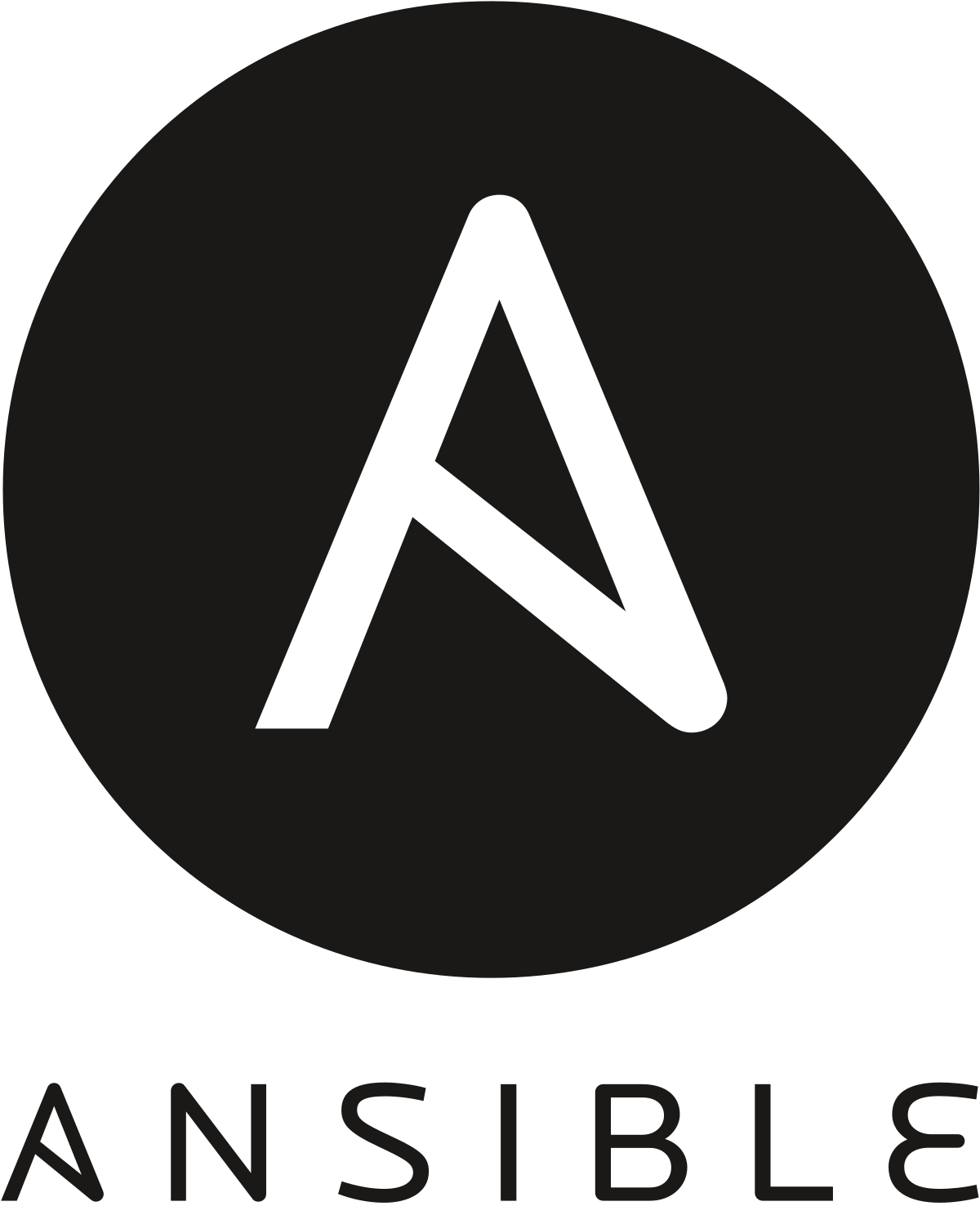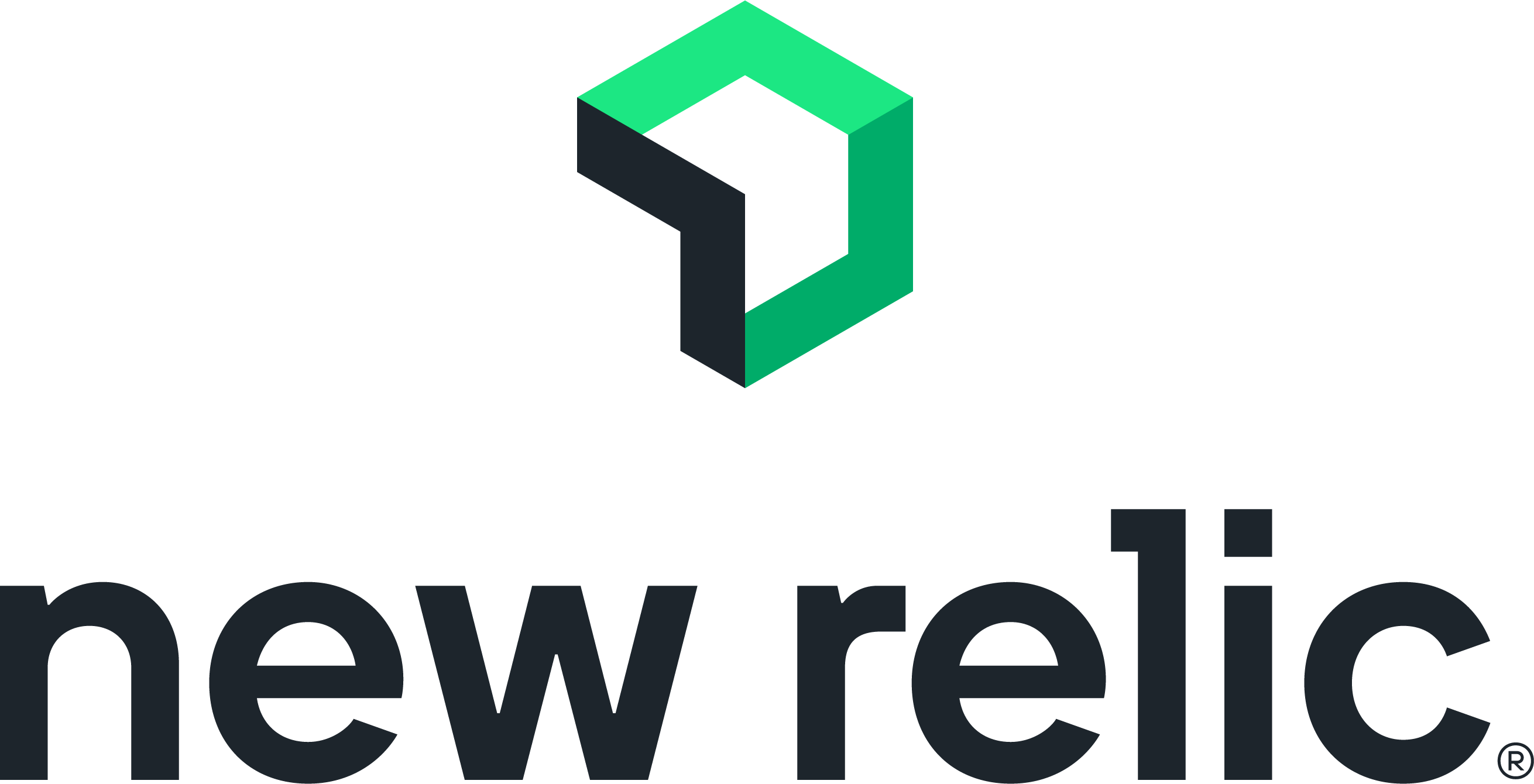Top 10 DevOps Tools to Boost Your Workflow
DevOps is a methodology of combining two traditionally separate Development and IT operations teams that aims to improve the speed, quality, and reliability of software development and delivery. Think of it as a never-ending loop where teams plan, code, build, test, release, deploy, operate, and monitor software, all while continuously gathering feedback to improve the next iteration.
In this article, we will discuss the top 10 DevOps tools that make this magic happen.
Top 10 DevOps Tools List
Let us explore the ten best DevOps tools.
1. Jenkins
 Jenkins is a no-cost, community-driven tool that automates vital software tasks: building, testing, and application deployment to streamline development.
Jenkins is a no-cost, community-driven tool that automates vital software tasks: building, testing, and application deployment to streamline development.
- Continuous Integration/Continuous Deployment (CI/CD): Jenkins has an impact on the entire software development lifecycle. It integrates code changes, runs tests, and deploys updates without stopping. This leads to a smooth and productive development process. It also reduces errors and makes software better.
- Extensive Plugin Library: Jenkins shines because of its huge collection of plugins. These plugins let developers customize and expand what Jenkins can do to fit their needs. Jenkins offers unlimited options to connect with cloud services, version control systems, or testing tools.
- Cross-Platform Support: Jenkins works well on many operating systems (like Windows, macOS, and Linux). This makes it easy to use and adapt for teams that work with different systems.
Think of Jenkins as the conductor of a well-orchestrated symphony that ensures every instrument (or development stage) plays in perfect harmony.
2. Docker



- Lightweight and Efficient: Docker containers utilize the host OS kernel to make them much lighter, faster, and more efficient in terms of resource usage.
- Seamless Deployment: Docker streamlines the deployment process to ensurw that applications function consistently across development, testing, and production environments.
- Strong Isolation: Each container operates independently which prevents applications and their dependencies from interfering with each other.
- Portability Across Environments: With Docker, applications can be easily transferred between various systems, whether it's a local machine, an on-premise server, or a cloud-based infrastructure, without any compatibility issues.
By using Docker, teams can streamline software development to accelerate deployments and create scalable, maintainable applications with ease.
3. Kubernetes

Kubernetes is a tool freely shared that makes handling app containers easier. It's like the mind for your app setup which keeps it smooth when tasks change and expand.
- Scalability: Kubernetes dynamically adjusts the number of running containers based on real-time demand to ensure optimal performance without the waste of resources.
- Self-Healing: If a container crashes or becomes unresponsive during any process, Kubernetes automatically detects the failure and restarts it which helps it to maintain system stability without any manual intervention.
- Resource Management: It efficiently allocates CPU and memory resources to different workloads to prevent bottlenecks and ensure smooth operation.
Kubernetes is like a master manager who ensures that your containers run smoothly and efficiently.
4. GitLab CI/CD
 GitLab CI/CD is a core piece of GitLab which aims to simplify and run the full software build process automatically. It works hand-in-hand with GitLab's code tracking to make the path from writing code to putting it live easy and quick.
GitLab CI/CD is a core piece of GitLab which aims to simplify and run the full software build process automatically. It works hand-in-hand with GitLab's code tracking to make the path from writing code to putting it live easy and quick.
- Integrated CI/CD Pipelines: The pipeline automates the build, test, and deployment process to reduce manual effort and minimize errors.
- Real-Time Feedback: It instantly identifies issues in code changes to allow developers to address problems early and maintain high-quality software.
- Robust Security Measures: It comes with built-in security tools which include vulnerability scanning to help safeguard applications against potential threats.
GitLab CI/CD is a one-stop shop for managing your code and automating its deployment.
5. Ansible

Ansible is an open-source tool designed for configuration management, application deployment, and IT automation. It allows teams to manage infrastructure effortlessly by automating repetitive tasks across multiple environments.
- Agentless Architecture: Unlike many other configuration management tools, Ansible does not require any software or agents to be installed on the target machines. It connects via SSH or WinRM which makes deployment faster and reduces system overhead.
- Playbooks (YAML-Based Configurations): Ansible uses easy-to-read YAML files called Playbooks, which define configurations and automate workflows.
- Idempotency (Consistent and Reliable): Ansible ensures that changes are applied only when necessary to prevent any duplications and maintain consistency across all systems.
Ansible helps in managing complex environments easier by automating configuration tasks.
6. Prometheus

Prometheus tracks application, server, and infrastructure metrics to offer real-time insights. It's key for spotting performance problems quickly which empower teams to ensure system reliability and efficiency.
- Scalable Data Collection: Prometheus is designed to manage large volumes of data with ease. Whether you're keeping an eye on a single server or a complex distributed system, it effectively gathers and stores time-series data to maintain smooth operations.
- Powerful Alerting System: Prometheus goes beyond data collection and actively monitors your systems through predefined conditions. It can send immediate alerts which can help teams identify and address potential issues.
- Seamless Visualization: Prometheus works well with visualization tools like Grafana, allowing users to convert raw metrics into meaningful dashboards and graphs.
Prometheus is like a watchdog that monitors your systems to ensure they run smoothly.
7. Splunk
 Splunk helps people turn raw computer data into useful business ideas. Companies use Splunk to watch, study, and picture huge data amounts as they happen to help find problems and make work better by keeping things safe.
Splunk helps people turn raw computer data into useful business ideas. Companies use Splunk to watch, study, and picture huge data amounts as they happen to help find problems and make work better by keeping things safe.
- Data Indexing & Storage: Splunk effectively gathers, stores, and organizes large amounts of data from various sources to make it easy to search and analyze.
- Real-Time Monitoring & Alerts: With its powerful real-time data processing capabilities, it constantly oversees systems, applications, and network infrastructure, quickly spotting anomalies and performance problems.
- Security Information and Event Management (SIEM): Splunk boosts cybersecurity by offering sophisticated threat detection, automated incident response, and compliance reporting, enabling businesses to proactively avert security breaches.
Splunk is a powerful tool for making sense of the vast amounts of data generated by your systems.
8. CircleCI
 CircleCI is a cloud-based Continuous Integration and Continuous Deployment (CI/CD) platform designed to automate the entire software development pipeline. It helps development teams build, test, and deploy applications efficiently by reducing manual effort and improving code quality.
CircleCI is a cloud-based Continuous Integration and Continuous Deployment (CI/CD) platform designed to automate the entire software development pipeline. It helps development teams build, test, and deploy applications efficiently by reducing manual effort and improving code quality.
- Fast Feedback on Code Changes: Developers receive instant feedback whenever they push new code which allows them to catch issues early and maintain high code quality.
- Parallel Testing for Faster Execution: CircleCI runs multiple test suites simultaneously to significantly speed up the testing phase and reduce wait times for developers.
- Seamless Integration with GitHub & Bitbucket: The platform connects effortlessly with popular version control systems to enable a smooth workflow from code commits to production deployment.
CircleCI is a fast and efficient way to automate your software development lifecycle.
9. Puppet

Puppet guides servers, handling setups, upkeep, and app launches across many machines. It lets IT folks keep all systems exactly how they want them, using clear, steady setup rules.
- Declarative Configuration: Puppet uses a domain-specific language (DSL) to define the desired system state in a human-readable format.
- Agent-Based Architecture: Puppet operates using a client-server model where agents run on managed nodes, continuously communicating with the central Puppet server to receive and apply configuration updates.
- Seamless Integration with DevOps Tools: Puppet integrates well with various DevOps and CI/CD tools which makes it an essential component in modern IT automation workflows.
Puppet helps ensure that your infrastructure is consistently configured and up-to-date.
10. New Relic

New Relic is a tool that helps businesses see how their apps are doing, by looking at how they run and work. It lets teams find problems, fix them, and make their apps work better.
- Real-Time Monitoring: Provides immediate insights into application performance to enable teams to identify slowdowns and inefficiencies as they occur.
- Error Tracking: Continuously monitors and records errors which simplify the process for developers to diagnose problems and reduce downtime.
- Seamless Integrations: Integrates smoothly with other DevOps and observability tools, creating a holistic monitoring ecosystem for enhanced performance optimization.
New Relic acts as a performance coach to guide you to enhance your applications for improved outcomes.
Conclusion
When building software quickly, people working together is key. That's why DevOps tools exist—they handle work automatically, boost team effort, and help release software easily and dependably. Be it Jenkins automating tasks, Docker managing containers, or Prometheus watching for issues, these tools simplify things. If you're not using them, consider exploring DevOps and how it could improve your work!

